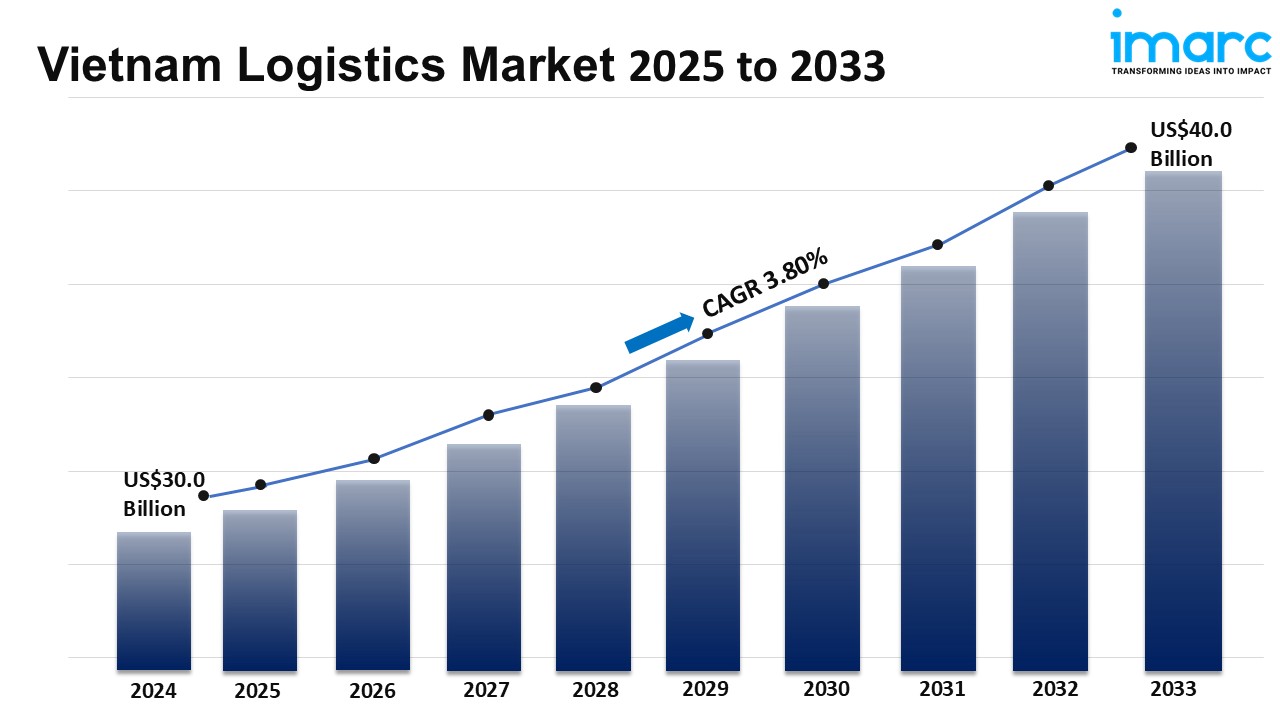How to Start an E-Commerce Business in Africa

Strong 8k brings an ultra-HD IPTV experience to your living room and your pocket.
The Africa e-commerce market is booming, presenting a golden opportunity for entrepreneurs to tap into a rapidly growing digital economy. With increasing internet penetration, mobile adoption, and a young, tech-savvy population, Africa is becoming a hotspot for online businesses.
1. Understand the Africa E-Commerce Market
Before diving in, research the Africa e-commerce market trends and consumer behavior. Key insights include:
Mobile-First Shopping: Over 70% of online transactions happen via smartphones.
Payment Preferences: Cash-on-delivery remains popular, but digital payments (M-Pesa, Paystack, Flutterwave) are growing.
Logistics Challenges: Poor infrastructure in some regions affects delivery, but innovative last-mile solutions are emerging.
Popular Product Categories: Electronics, fashion, groceries, and beauty products are in high demand.
Analyze top Africa e-commerce companies like Jumia (Pan-Africa), Takealot (South Africa), and Kilimall (East Africa) to understand their business models.
2. Choose Your E-Commerce Business Model
Select a model that aligns with your goals:
B2C (Business-to-Consumer): Selling directly to customers (e.g., online retail stores).
B2B (Business-to-Business): Selling wholesale products to other businesses.
Dropshipping: Partnering with suppliers who handle inventory and shipping.
Marketplace: Creating a platform where multiple sellers list products (like Jumia).
3. Identify a Niche and Source Products
To stand out in the competitive Africa e-commerce market, focus on a niche. Consider:
Local Handicrafts & Fashion: African prints, handmade jewelry, and traditional wear.
Affordable Electronics: Budget-friendly smartphones and accessories.
Agro-Products: Farm-fresh produce and organic foods.
Subscription Boxes: Beauty, snacks, or books delivered monthly.
Sourcing options:
Local manufacturers & artisans
Chinese suppliers (AliExpress, Alibaba)
Dropshipping suppliers
4. Register Your Business & Comply with Regulations
Business Registration: Choose a legal structure (sole proprietorship, LLC) and register with local authorities.
Tax Compliance: Obtain a tax ID and understand VAT requirements.
E-Commerce Laws: Some countries require special licenses for online businesses.
5. Build Your E-Commerce Website
Your website is your storefront. Key features to include:
Mobile-Friendly Design: Most African users shop via phone.
Secure Payment Gateways: Integrate local options like M-Pesa, Flutterwave, or Paystack.
Multiple Language Support: Cater to English, French, and local languages.
SEO Optimization: Use keywords like "Africa e-commerce market" to attract organic traffic.
Platform Options:
WooCommerce (for WordPress)
Shopify (easy setup)
Magento (for scalability)
6. Set Up Payment and Logistics Solutions
Payments
Offer mobile money (M-Pesa, MTN Mobile Money, Airtel Money).
Accept card payments via Paystack (Nigeria) or Peach Payments (South Africa).
Include cash-on-delivery (still preferred in many regions).
Logistics & Delivery
Partner with local couriers (DHL, FedEx, Jumia Logistics).
Use last-mile delivery startups like Kobo360 (Nigeria) and Sendy (Kenya).
Offer multiple shipping options (express, standard, pick-up points).
7. Marketing Your E-Commerce Business
To compete in the Africa e-commerce market share, you need a strong marketing strategy:
Social Media & Influencer Marketing
Facebook, Instagram, and TikTok ads perform well.
Collaborate with African influencers to promote your brand.
Search Engine Optimization (SEO)
Optimize for keywords like "Africa e-commerce market size" and "best online stores in Africa."
Publish blog posts on trending shopping topics.
Email & SMS Marketing
Send discount alerts and abandoned cart reminders.
Loyalty Programs & Discounts
Offer referral bonuses and first-time buyer discounts.
8. Provide Excellent Customer Service
Offer live chat and WhatsApp support.
Ensure fast response times (Africans value quick communication).
Handle returns and refunds smoothly.
9. Scale Your Business
Once established, consider:
Expanding to other African countries.
Adding new product categories.
Using AI chatbots for customer support.
Partnering with more local suppliers.
Conclusion
The Africa e-commerce market offers immense potential for entrepreneurs. By understanding the market, choosing the right niche, leveraging digital payments, and optimizing logistics, you can build a successful online business.
With the Africa e-commerce market size growing yearly, now is the best time to launch your venture. Follow these steps, stay adaptable, and you could become one of the leading Africa e-commerce companies in the near future!
Note: IndiBlogHub features both user-submitted and editorial content. We do not verify third-party contributions. Read our Disclaimer and Privacy Policyfor details.







